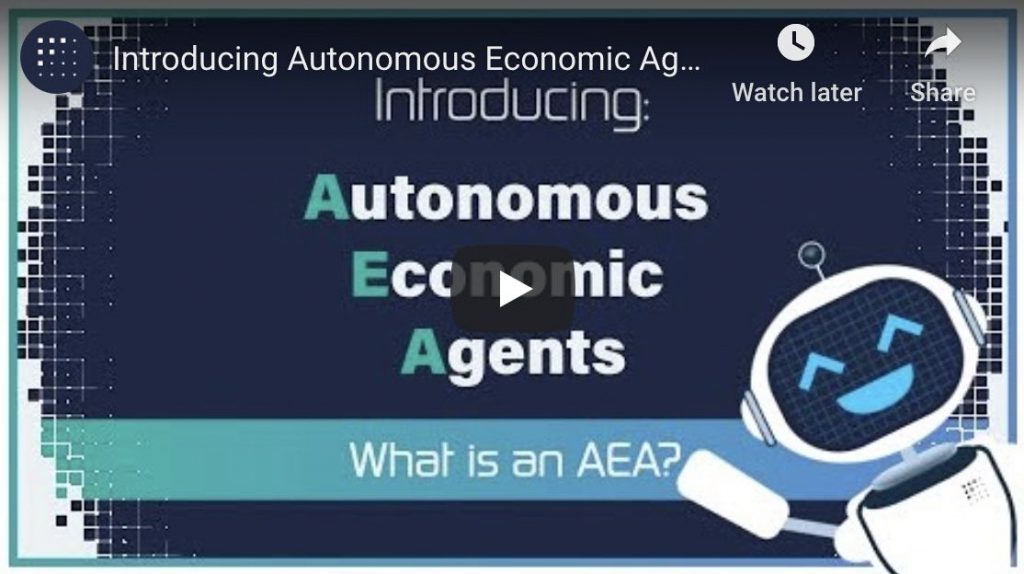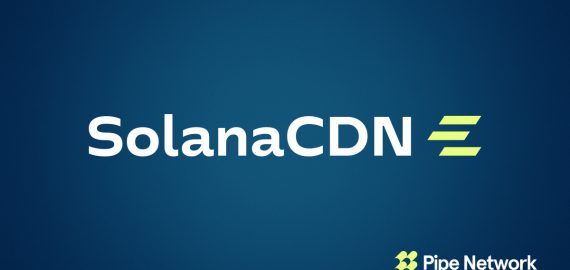Autonomous Economic Agent (AEA)


What is Autonomous Economic Agent (AEA)?
Autonomous Economic Agent (AEA) – a software entity created by Fetch.ai and the IOTA foundation that can behave autonomously for the advantage of the owner.
Fetch.ai and the IOTA foundation invented AEAs, which are software entities. They can behave autonomously for the advantage of their owners, without the need for external intervention. Fetch.ai is a blockchain-based artificial intelligence platform that connects with other AI applications to evaluate real-time data and execute appropriate responses.
Connecting AEAs to IOTA Streams enables economic agents to act independently by exchanging and retrieving real-time data. One of the most common applications of AEAs is in financial markets, where quick decisions are required to maximize earnings.
Understanding Autonomous Economic Agent (AEA)
Though the term “economic agent” is used in a variety of contexts. It usually refers to someone who engages in economic activities, such as buying and selling financial assets. In a broader sense, an economic agent is any individual, group, or entity that makes decisions about the distribution of scarce resources.
However, in recent years, the term has been broadened to include non-human agents such as bots. Given its expanding relevance in this context, it’s worth delving deeper into the concept of an autonomous economic agent.
In the most fundamental definition, an autonomous agent is one that can control itself. In other words, it is capable of controlling its own behaviors. Furthermore, because an autonomous agent is not subject to outside control or supervision, it must have its own goals that it pursues using self-generated means.
Professional economists readily recognize these characteristics as the cornerstones of any economic theory dealing with rational behavior by economic agents. A fundamental tenet of neoclassical economics is that all economic agents are rational individuals who pursue their own personal goals without any external guidance or influence.
Read related articles:
« Back to Glossary IndexDisclaimer
In line with the Trust Project guidelines, please note that the information provided on this page is not intended to be and should not be interpreted as legal, tax, investment, financial, or any other form of advice. It is important to only invest what you can afford to lose and to seek independent financial advice if you have any doubts. For further information, we suggest referring to the terms and conditions as well as the help and support pages provided by the issuer or advertiser. MetaversePost is committed to accurate, unbiased reporting, but market conditions are subject to change without notice.
About The Author
Damir is the team leader, product manager, and editor at Metaverse Post, covering topics such as AI/ML, AGI, LLMs, Metaverse, and Web3-related fields. His articles attract a massive audience of over a million users every month. He appears to be an expert with 10 years of experience in SEO and digital marketing. Damir has been mentioned in Mashable, Wired, Cointelegraph, The New Yorker, Inside.com, Entrepreneur, BeInCrypto, and other publications. He travels between the UAE, Turkey, Russia, and the CIS as a digital nomad. Damir earned a bachelor's degree in physics, which he believes has given him the critical thinking skills needed to be successful in the ever-changing landscape of the internet.
More articles

Damir is the team leader, product manager, and editor at Metaverse Post, covering topics such as AI/ML, AGI, LLMs, Metaverse, and Web3-related fields. His articles attract a massive audience of over a million users every month. He appears to be an expert with 10 years of experience in SEO and digital marketing. Damir has been mentioned in Mashable, Wired, Cointelegraph, The New Yorker, Inside.com, Entrepreneur, BeInCrypto, and other publications. He travels between the UAE, Turkey, Russia, and the CIS as a digital nomad. Damir earned a bachelor's degree in physics, which he believes has given him the critical thinking skills needed to be successful in the ever-changing landscape of the internet.



















































